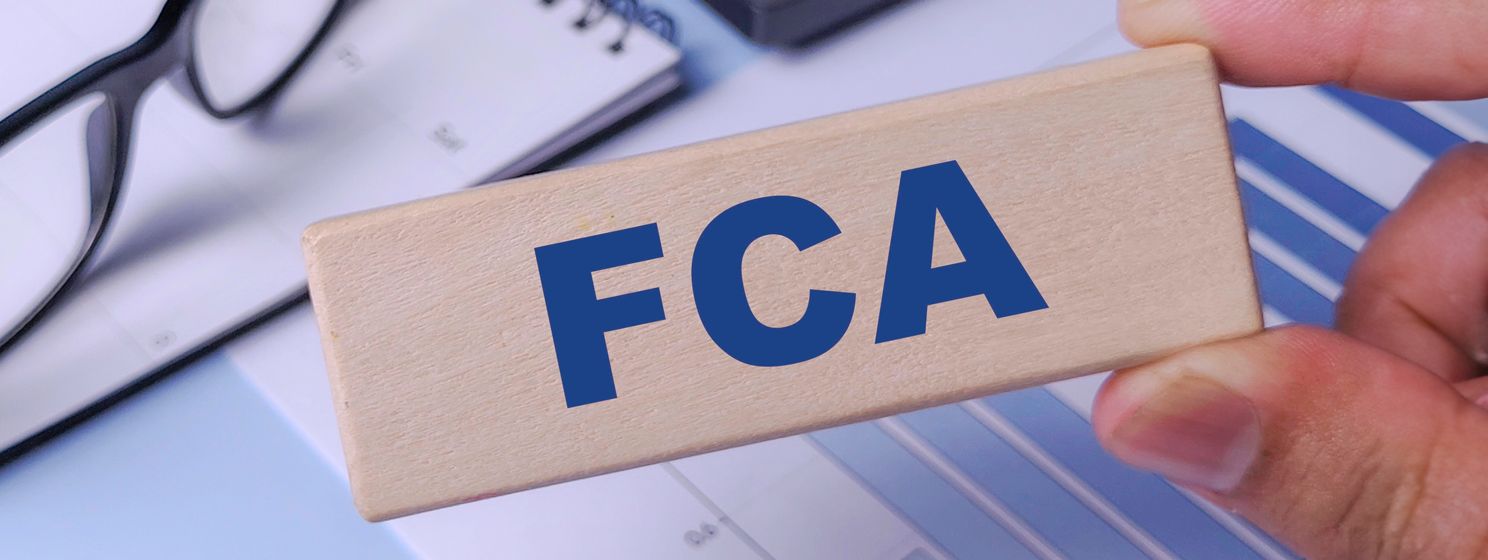|
Getting your Trinity Audio player ready...
|
Pradeep Bhandari, the national spokesperson for India’s ruling political party, Bharatiya Janata Party (BJP), recently stirred significant discussion in the ‘crypto’ and policy circles by suggesting that the government should consider establishing a strategic Bitcoin reserve. His remarks, made in an article for India Today, come at a time when the country lacks a clear regulatory and legal framework for digital assets.
Bhandari, in his article, referenced international developments, such as the United States’ growing interest in accumulating Bitcoin and Bhutan’s state-supported block reward mining initiatives, as signs of an emerging global shift toward digital finance. He further argued that India’s expanding renewable energy infrastructure could be leveraged as a key asset in formulating a national digital asset strategy, which he believes could strengthen the nation’s economic security.
“India stands at a pivotal juncture. A measured Bitcoin strategy—perhaps a reserve pilot—could strengthen economic resilience and project modernity. As the U.S. advances and nations like Bhutan adapt, India has a unique opportunity to lead,” Bhandari wrote in his article. “Regulation remains pivotal. India’s crypto policy—taxed but unregulated—needs clarity to unlock potential.”
Bhandari highlighted Bhutan as a compelling regional example. Since 2021, the region has been using its abundant hydropower resources to mine Bitcoin, and by May 2025, it had built a reserve valued at over $1 billion. What began as a response to the sharp drop in tourism has evolved into a strategic initiative that now helps fund public services and aligns with Bhutan’s long-term sustainability objectives.
“India, with its renewable energy capacity, has the full scale of capability to adapt this model, though scale and regulation pose distinct challenges. Bhutan’s success suggests digital assets can stabilise economies, a point worth considering,” Bhandari wrote.
Sounds great, but is it achievable?
Industry experts point out that India currently lacks a clear policy direction or regulatory framework for digital assets, including Bitcoin. Without a structured approach in place, it may still be some time before the world’s most populous nation can seriously consider proposals like creating a national Bitcoin reserve.
That said, the introduction of this concept into public discourse—possibly through a discussion paper—is a positive step. It opens the door for national debate and careful evaluation.
“India currently maintains reserves in USD and gold deposits. Given that India does not have a policy roadmap for crypto assets, including Bitcoin, and lacks a comprehensive regulatory framework, I think it will still take some time for the country to evaluate such ideas,” Sumit Gupta, co-founder of CoinDCX, India’s first digital currency unicorn, told CoinGeek.
“However, we are hopeful that the discussion paper puts out this idea in the open for the country to debate and deliberate. We have seen our immediate neighbour Bhutan experimenting with this idea and using Bitcoin to contribute to its economic growth. It will also be worthwhile to note how various other countries are working with this idea and evaluate what could be the best template for our country,” Gupta added.
Interestingly, in December 2024, the government announced that there is no fixed timeline for introducing comprehensive regulatory guidelines for virtual digital assets (VDAs) in the country. However, by June 2025, India took a different approach and said it would release a detailed discussion paper on digital assets soon, incorporating perspectives from global institutions like the International Monetary Fund (IMF) and the Financial Stability Board (FSB).This move reflects the country’s growing interest in establishing a clear and structured regulatory framework for digital assets, as their acceptance continues to rise worldwide. The timing of this initiative aligns with broader global shifts, particularly the U.S. adopting a more supportive stance toward digital assets, a trend that has gained momentum under the influence of President Donald Trump’s administration.
The upcoming paper is expected to outline various regulatory pathways, offering a foundation for national dialogue and helping shape India’s long-term strategy on digital assets in alignment with international best practices.
“India still lacks a formal legal framework for cryptocurrencies. The RBI remains openly skeptical of private crypto assets, favoring CBDCs instead. Taxation policies are restrictive, inconsistent, and seen as deterrents rather than enablers. We don’t have a national mining framework, crypto asset custody laws, or sovereign treasury guidelines,” Raj Kapoor, founder of India Blockchain Alliance (IBA), told CoinGeek.
“That said, Pradeep Bhandari’s proposal is strategically interesting. Bhutan is quietly mining Bitcoin with its hydro surplus. The U.S. has indirect Bitcoin exposure via public companies and asset managers. India has a vast renewable energy base (solar, hydro) and could, hypothetically, mine Bitcoin or hold a reserve as a strategic non-correlated asset. But until proper regulations, legal recognition, custodial frameworks, and taxation clarity arrives it remains an interesting thought experiment, not a near-term policy priority,” Kapoor pointed out.
BRICS, G20 nations ‘race ahead—not pausing for consensus’
India’s current approach to digital assets—heavily taxed but largely unregulated—requires greater clarity if the sector’s full potential is to be realized. India imposes one of the harshest taxation on digital asset trading—a 30% flat tax on all digital currency income with no provision to offset losses, a 1% TDS on all transactions above Rs 10,000 ($116), and 18% Goods and Services Tax (GST) on trading fees.
Bhandari, in his article, said that during its G20 presidency in 2023, India played a key role by establishing a ‘crypto’-focused working group in collaboration with the IMF, aimed at contributing to the development of global regulatory standards. However, while these recommendations are still under review, several other countries, including BRICS members like Russia, China, and Brazil, as well as G20 leaders such as the United States, are moving ahead with their frameworks, without waiting for global consensus.
“Three U.S. states have now passed legislation authorising the deployment of public funds to purchase and hold Bitcoin as a reserve asset, with more expected to follow. These measures reflect a growing recognition of Bitcoin’s potential to bolster fiscal resilience and serve as a hedge in uncertain economic conditions,” Bhandari pointed out in his article.
“This isn’t a reckless pivot, it’s a calculated step toward embracing digital assets’ legitimacy. For India, observing this offers a lens to assess whether Bitcoin could diversify our reserves, complementing traditional holdings in an uncertain global economy,” Bhandari added.
Bhandari wrote that the IMF’s recent recognition of Bitcoin as a capital asset adds urgency to the call for regulatory clarity. Establishing well-defined rules could provide much-needed transparency and oversight, balancing innovation with investor protection. This is especially important as more retail and institutional participants enter the digital asset space. Clear regulation would not only help safeguard investors but also create a foundation for Bitcoin and other digital assets to potentially contribute to India’s broader economic and financial strategy.
“The idea of a Bitcoin reserve might sound exciting, but it’s disconnected from India’s current regulatory posture. India has clearly signaled its preference for promoting its digital rupee (CBDC) over private cryptocurrencies,” Rohan Sharan, founder of Timechain Labs, told CoinGeek.
“What’s more realistic—and urgently needed—is a regulatory framework for stablecoins. Stablecoins function like digital prepaid instruments, a category India already regulates. Clear, stablecoin-focused guidelines would allow innovation in digital finance without undermining monetary sovereignty,” Sharan added.
Watch: What’s going on with blockchain technology in India?

 01-30-2026
01-30-2026 




